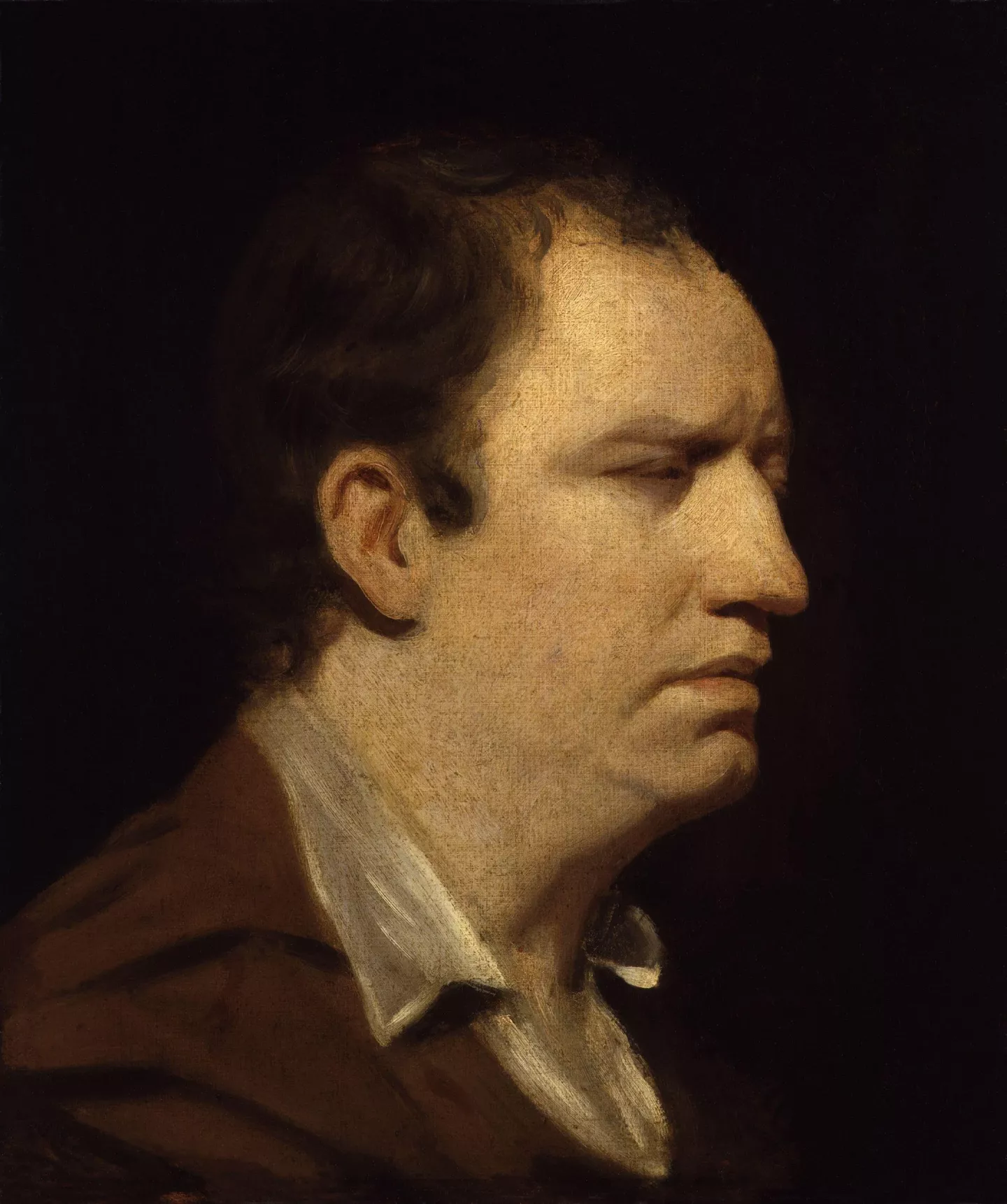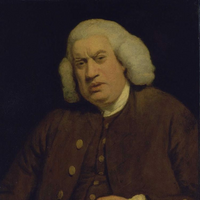
Samuel Johnson
Samuel Johnson (18 September 1709 – 13 December 1784), often referred to as Dr Johnson, was an English writer who made lasting contributions to English literature as a poet, essayist, moralist, literary critic, biographer, editor and lexicographer. Johnson was a devout Anglican and committed Tory, and has been described as “arguably the most distinguished man of letters in English history”. He is also the subject of “the most famous single biographical work in the whole of literature,” James Boswell’s Life of Samuel Johnson. Born in Lichfield, Staffordshire, Johnson attended Pembroke College, Oxford for just over a year, before his lack of funds forced him to leave. After working as a teacher, he moved to London, where he began to write for The Gentleman’s Magazine. His early works include the biography Life of Mr Richard Savage, the poems London and The Vanity of Human Wishes, and the play Irene.
Samuel Johnson (18 September 1709 – 13 December 1784), often referred to as Dr Johnson, was an English writer who made lasting contributions to English literature as a poet, essayist, moralist, literary critic, biographer, editor and lexicographer. Johnson was a devout Anglican and committed Tory, and has been described as “arguably the most distinguished man of letters in English history”. He is also the subject of “the most famous single biographical work in the whole of literature,” James Boswell’s Life of Samuel Johnson. Born in Lichfield, Staffordshire, Johnson attended Pembroke College, Oxford for just over a year, before his lack of funds forced him to leave. After working as a teacher, he moved to London, where he began to write for The Gentleman’s Magazine. His early works include the biography Life of Mr Richard Savage, the poems London and The Vanity of Human Wishes, and the play Irene.


